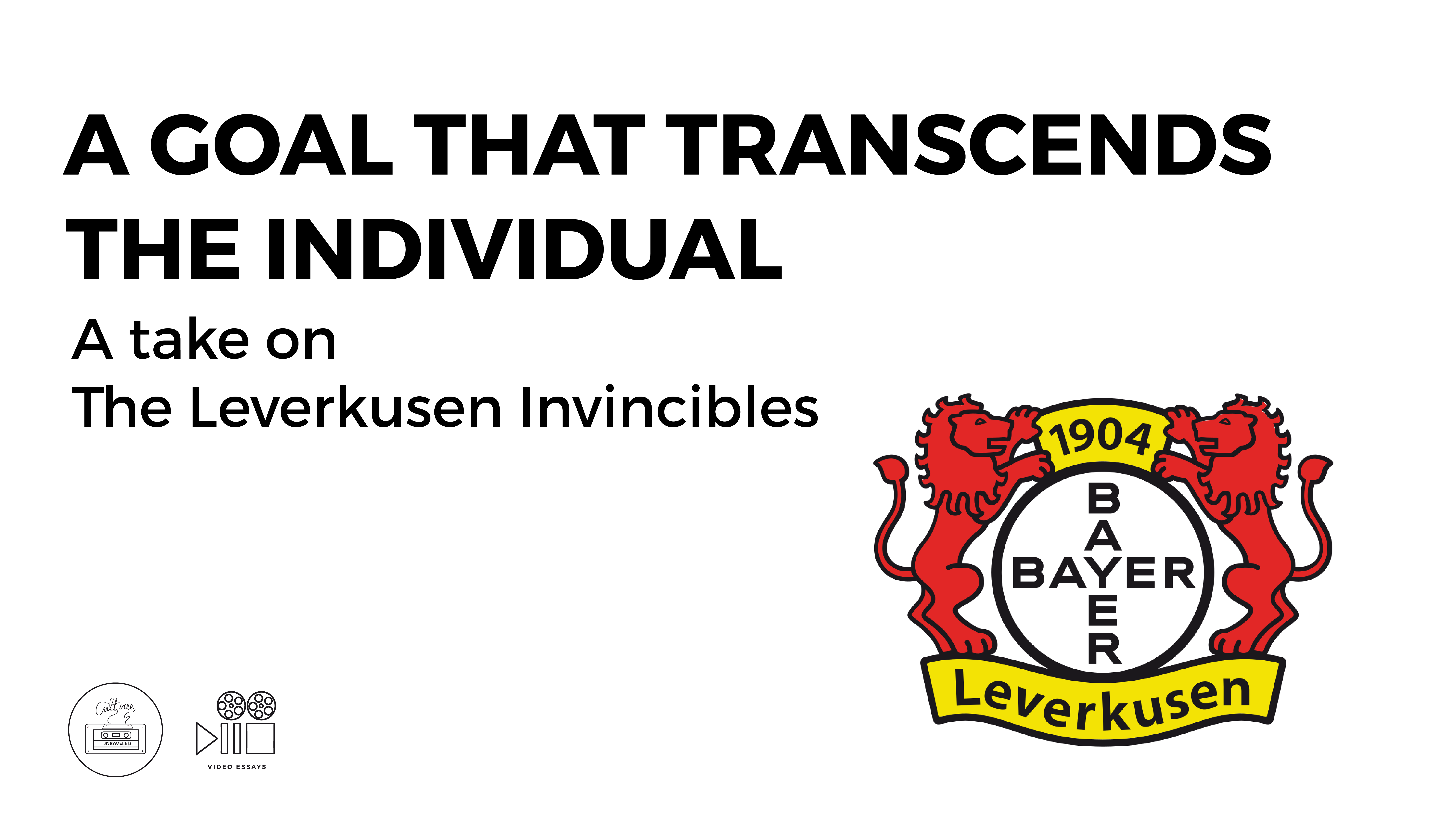
A look into the month of May
1. The Coronation of Prince Charles
The Coronation of Prince Charles has garnered worldwide attention, marking a significant moment in the history of the British monarchy. Beyond the grandeur and ceremonial traditions, this event offers an opportunity for to reflect on the deeper significance of royalty and leadership. The important themes that emerge from this is that of service, humility, and divine calling.
The belief that the King of England, or any monarch, is under the rulership of God is deeply rooted in Christian theology and historical tradition. This concept stems from the understanding that all authority ultimately comes from God, and leaders are accountable to Him for their actions and decisions.
The idea of the monarch being under God’s rulership reflects the belief that God establishes and guides rulers, granting them their positions of authority. It highlights the divine appointment and providential role of leaders in the unfolding of God’s plan.
This understanding also emphasizes the responsibility of the monarch to rule with wisdom, justice, and righteousness, reflecting God’s character and values. It underscores the need for leaders to seek divine guidance, to prioritize the well-being of their subjects, and to act in accordance with moral principles.
Ultimately, the belief in the King of England being under the rulership of God serves as a reminder that leadership is a sacred trust and carries the weight of accountability before God. It calls leaders to exercise their authority with humility, integrity, and a deep sense of responsibility to honor God and serve the people they govern.
2. The Impact of Tech Industry Layoffs: Challenges, Opportunities, and a Biblical Perspective
In recent years, employees in the tech industries have experienced a massive share of layoffs, especially by big companies like Google, Microsoft, Meta, and Amazon. By 2023, Meta cut back on its workforce by 13%, Microsoft by 5%, and Amazon by 6%.
The leaders of these companies may have been laying off their employees due to the anticipation of an economic recession, the need to stabilize over-hiring during the pandemic, and the usage of new technology that is making many tech jobs obsolete. But the most important reason for these massive cutbacks on employee headcount is to decrease the company’s expenses and increase profits. And advancements in technology have only sped up these layoffs.
These layoffs can tremendously impact the global economy, as there has been decreased consumer spending, lower tax revenues, and increased financial uncertainty for individuals and communities. It can also affect the workforce dynamics within these companies, as employees may become more fearful of losing their jobs. It may lead them to turn towards jobs with more perceived stability. Layoffs can also affect the overall work culture, employee morale, and the perception of these companies. This, in turn, can shape societal attitudes toward technology, corporate responsibility, and employment practices.
As companies may try to secure their profits through layoffs by relying more on technology which can replace most jobs, they are also creating an unsafe environment for their employees, especially concerning job security. And given the trend of ‘conscious quitting’ of jobs by millennial and Gen-Z employees for the sake of challenging capitalism and maintaining a healthy work-life balance, companies will be prone to losing humans as a valuable resource for their company’s growth. So despite their attempt to increase their revenue through layoffs, tech companies might have to rethink their strategies to sustain their companies.
Yet, people who lost their jobs do not have to succumb to despair that they might have lost all value and purpose as human beings. While the emotional distress of losing a job, the financial stress that creeps in as a result, and the loss of confidence in their capabilities to make a difference in the world, can lead people to despair, they can bring fresh perspectives, new ideas, and different approaches to solving problems and meeting the world’s needs.
The Bible teaches that God created human beings with the capacity to steward and cultivate the earth. By making humans in His image, God gave us the potential to have dominion over His creation, thereby giving us the capacity to contribute to the well-being of society. Such potential only indicates hope for those who are bearing the brunt of corporate layoffs.
Despite such uncertainty in the corporate world, with tech companies focusing more on profitability than employee sustainability, the biblical perspective on our God-given potential to steward the earth and utilize its resources to create and innovate only allows people to take up opportunities proactively. It reminds us that the world is God’s and that every human can contribute to the flourishing of other humans. While layoffs can be discouraging, the biblical perspective turns our attention to how humans can turn such adverse outcomes to foster entrepreneurship and drive innovation in new directions.
3. Embracing Freedom
The U.S. government officially recognized June as Pride Month, and massive celebrations kicked off at Delhi University with a gathering of over 12,000 people. The LGBTQ community in Delhi hosts an annual parade in November, but these celebrations stopped after the COVID-19 pandemic hit the globe. In 2023, they restarted these celebrations with queer communities parading the streets of Delhi. The fanfare took off not only with men and women cross-dressing and posing for pictures but also with the community demanding horizontal reservations for transgender people and gender-neutral bathrooms across university campuses.
It is not hard to see that underneath these cultural expressions and the fight for securing their rights, there was a more resounding cry for freedom from everyone participating in the parade. It was reflected in the repetitive chanting of the word ‘azadi’ or freedom, indicating that the heart cry is not merely a fight for securing rights but an expression of who they are and the freedom to be that. Anything that curtails such freedom of self-expression can be perceived as hostile, not merely towards the community, but who they are as human beings. It is a fight to be devoted to themselves and has the right to navigate life with such freedom.
The gospel speaks of freedom as a gift given to us rather than something we inherently possess. It first brings us to an understanding that, as humans, we all are captive to our desires and that only God is powerful enough to liberate us from such captivity.
The gospel requires us to pay attention to individual’s stories and experiences and find common ground to build relationships. We need to acknowledge the struggle and respond with love, gentleness, and respect.
In essence, the gospel requires us to embody love, respect dignity, and engage in genuine dialogue. Through relationships built on understanding and compassion, the gospel’s transformative power can be known.












